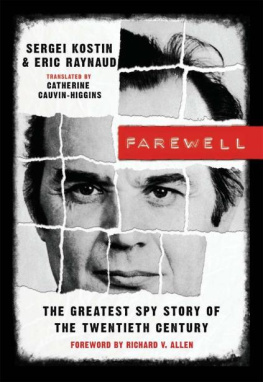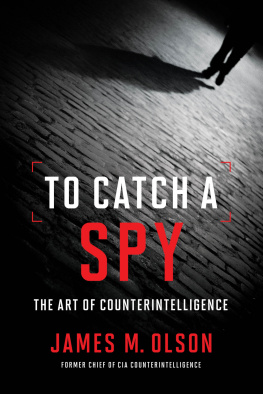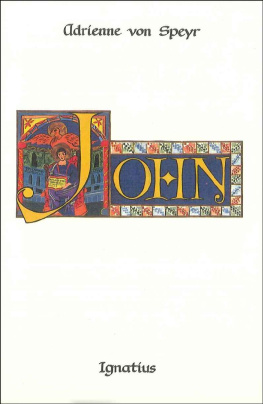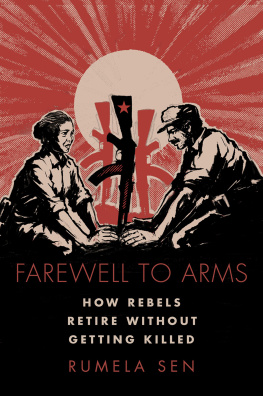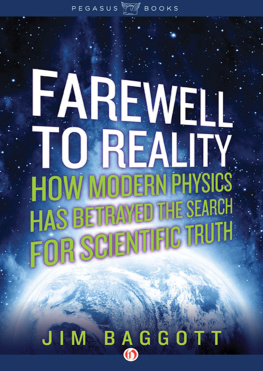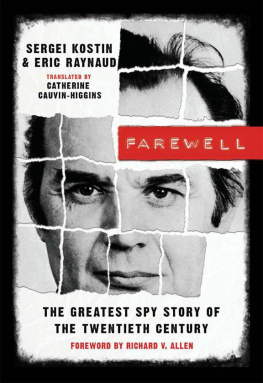FOREWORD BY RICHARD V. ALLEN
Foreword copyright 2011 by Richard V. Allen
All rights reserved.
No part of this book may be reproduced, or stored in a retrieval system, or transmitted in any form or by any means, electronic, mechanical, photocopying, recording, or otherwise, without express written permission of the publisher.
Farewell: The Greatest Spy Story of the Twentieth Century by Sergei Kostin and Eric Raynaud is the English translation of their book Adieu Farewell, published in 2009 by ditions Robert Laffont in Paris. The first version of this book, by Sergei Kostin, was published in 1997 by ditions Robert Laffont in Paris as Bonjour Farewell .
Translated from the French by Catherine Cauvin-Higgins.
First published in English in 2011 by AmazonCrossing.
P.O. Box 400818
FOREWORD BY RICHARD V. ALLEN
In 1976, five years before the Farewell case, Ronald Reagan nearly unseated President Gerald Ford for the Republican presidential nomination. The major salient of his attack on Ford was on foreign and national security policy. Reagan rejected dtente, not because he opposed a relaxation of tensions with the Soviet Union, but because under Nixon, Ford, and Kissinger dtente had taken on a special, nearly theological meaninga supposedly ineluctable process of gradually making the Soviets completely dependent on trade and technology from the West, hence causing them to moderate their behavior in terms of global expansion and military procurement. Reagan believed the theory to be defective and dangerous, even intellectually bankrupt.
Gerald Ford went on to lose to Jimmy Carter in November, and the change in administrations merely resulted in giving the Soviet Union even greater incentive to pursue an aggressive course in its relationship with the United States. Reagan hosted a highly effective daily radio show from 1975 through 1979, regularly launching reasoned critiques of U.S. policies that failed to exact penalties for bad behavior from the other side. His speeches on foreign policy and defense increasingly reflected this tone: U.S. policy was in effect rewarding aggressive international behavior.
Although his critics repeated the mantra that Reagan was simplistic, Reagan believed that simply managing the Cold War was a losing proposition. On the contrary, as he said to me in his Los Angeles study in early February 1977, just days after Jimmy Carter was inaugurated president, There is a difference between being simplistic and having simple answers to complex questions. Then he said, So, my theory of the Cold War is that we win and they lose. What do you think of that?
By winning, he did not mean that the other side would lose everything in disgrace and ruinbut that one side, the U.S. and its allies, would clearly win. He also believed in working to liberate the peoples of Eastern Europe and divided Germany suffering under the Soviet yoke. He meant what he said on that occasion; I waited many years before revealing his observation about winning and losing.
Reagan then developed a series of persuasive political arguments concerning future U.S. policy. I was privileged to be along for the years of journey to the election in 1980 and into the White House, serving first as his chief foreign policy adviser and then as his first national security adviser.
Surviving an assassination attempt on March 30, 1981, Reagan appealed to Leonid Brezhnev to sit down and negotiate critical issues contributing to tensions. The appeal was summarily rejected by Brezhnev.
In early May, less than four months into the Reagan administration, Frances Franois Mitterrand surprised everyone by unseating President Valry Giscard dEstaing. The French Communist Party had supported Mitterrand, and the winner appointed four communist ministers to his cabinet. The State Department and U.S. press were in a state of shock, and my colleague, Secretary of State Alexander Haig, a close friend of DEstaing, declined to brief the press. I had studied Mitterrands career for years, and thus it fell to me to brief the press as an anonymous senior White House official. The theme used in the briefing: Mitterrand would be a canny manager of his cabinet, and there was no need for negative reactions.
At the seventh G7 economic summit conference, July 2021, 1981 at Chateau Montebello in Quebec, Mitterrand and Reagan met for the first time. Reagan was confident that he and the new French president would get along well; he was not mistaken.
After the formal meetings, Mitterrand met with Reagan very privately. Accompanying Mitterrand was Jacques Attali, his brilliant adviser whom he treated like a son, and I accompanied Reagan. Mitterrand revealed that France had a private sector company, Thomson-CSF, working on contracts in Moscow, and through it French intelligence had achieved a very deep penetration of the KGB. It had in place a key Soviet source who was voluntarily providing astonishing national security information about Soviet technology acquisition from the West, including massive theft of technological secrets. Thus was revealed the famous Line X KGB espionage network by one of the most precious and extraordinary moles the West ever had. The Farewell case was born.
Management of the matter in Washington was by Reagans close friend and mine, William J. Casey, CIA chief. On my National Security Council staff, an extraordinary fellow, Dr. Gus W. Weiss, whom I had first met in 1968 and then recruited for the White House international economic policy staff in 1971 in the Nixon administration and again in 1981 at the outset of the Reagan administration for the NSC, was given the assignment to handle and exploit this valuable intelligence resource from the White House end. The agent-in-place performed heroically, but committed actions that compromised his identity. The highly effective and secret cooperation served to reinforce French-U.S. relations and build mutual confidence.
The reader of this wonderful book by Sergei Kostin and Eric Raynaud is in for a treat: an introduction to what President Reagan described as the most significant spy story of the last century. Catherine Cauvin-Higgins, interpreter for the Thomson chief at the time, has performed a great service in translating the volume, expanded and updated with newly available information, including a Weiss memo published by the CIA, The Farewell Dossier: Duping the Soviets.
And expertly duped they were, principally by sophisticated economic warfare expertly waged. But to reveal more here would affect the readers exciting voyage into the murky world of espionage and counterespionage.
Just as Reagan had hoped and planned, one side actually won.

